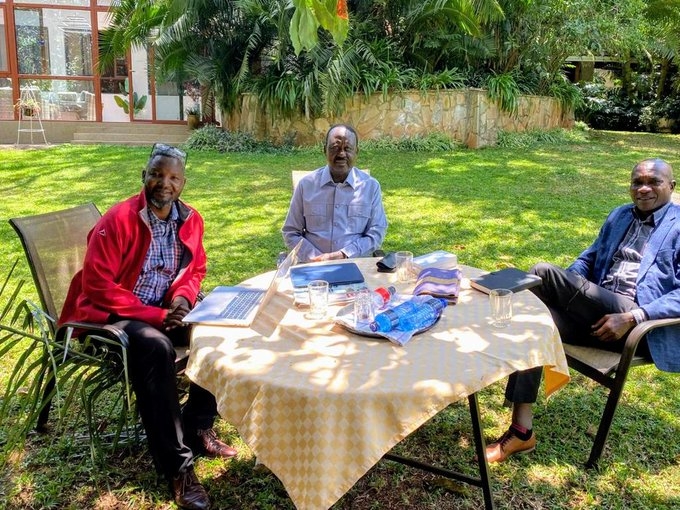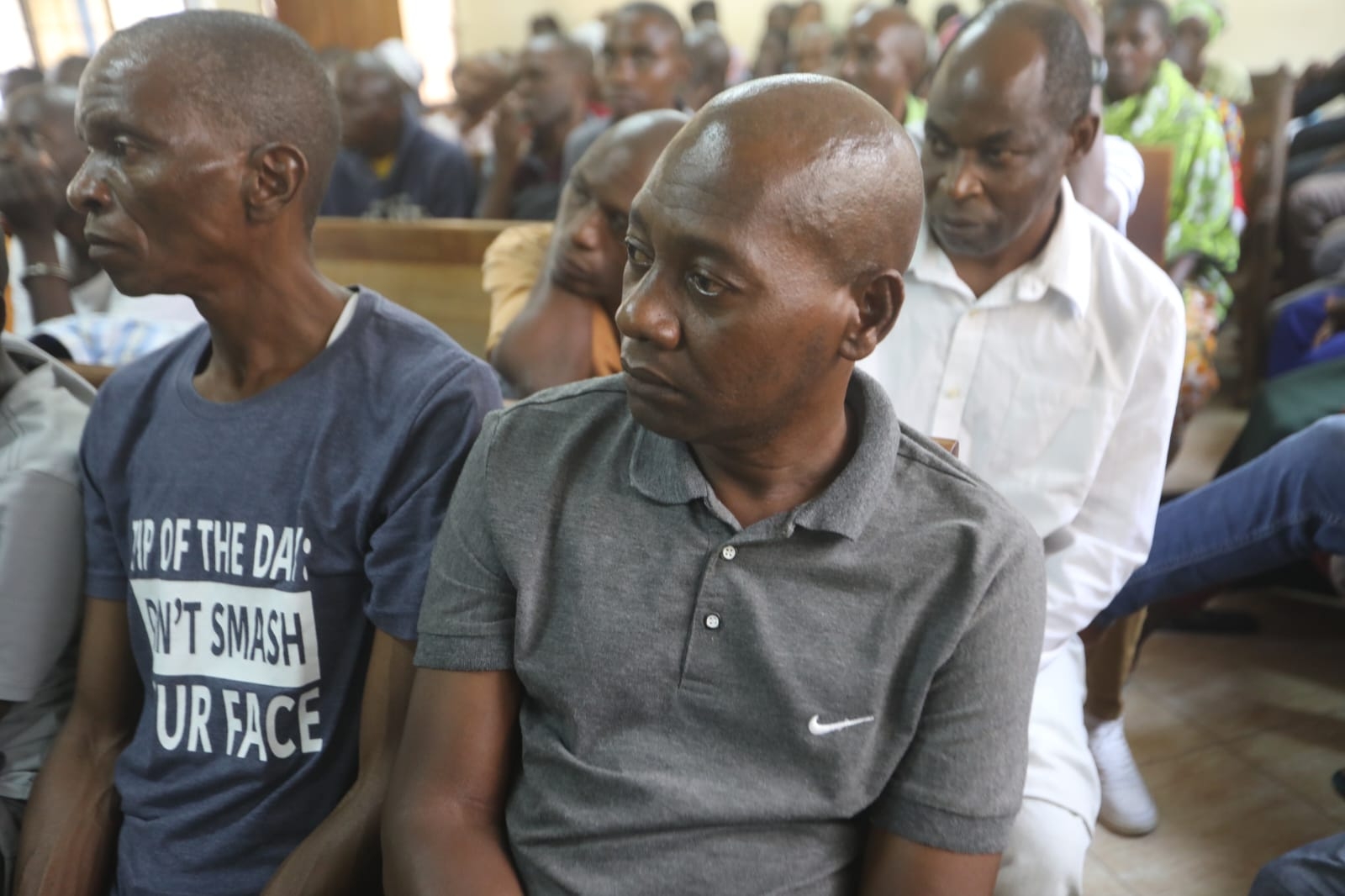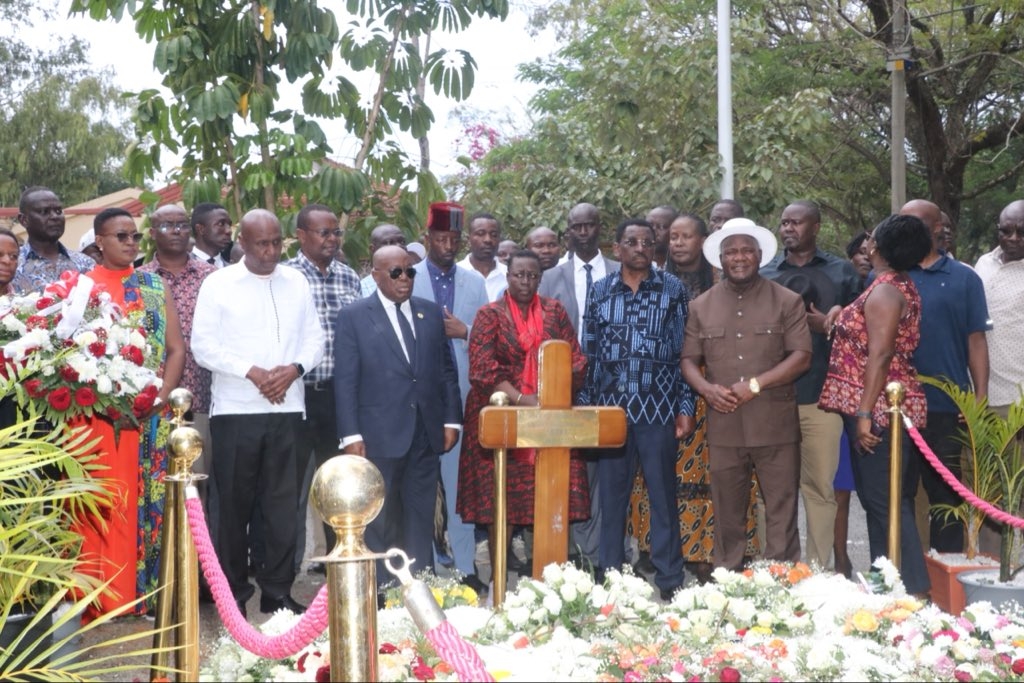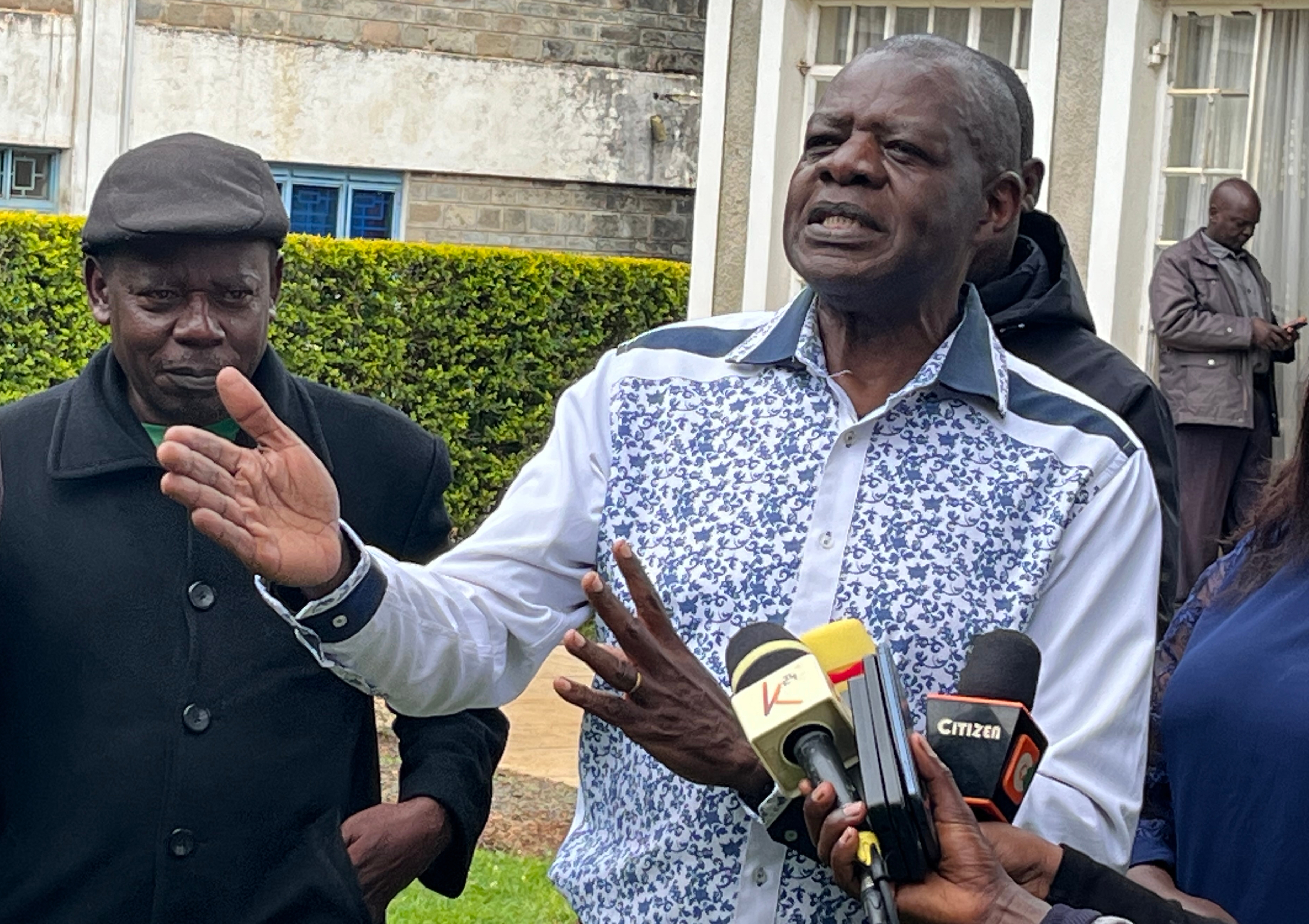This month, I will be sharing lessons I have learnt from Harvard Medical School on leadership and innovation in surgery. As any good Luo will tell you (only a Kenyan will understand this), “you must say” what you have achieved. But my intention in mentioning Harvard is more to hopefully lend weight to what I am discussing today and not necessarily to show off.
In the wake of a prolonged doctors' strike in Kenya, the call for systemic changes within the healthcare sector has never been louder. Amidst these calls, one critical area stands out, the necessity for entrepreneurship education in medical training. This article explores why introducing entrepreneurship into healthcare curricula is not only beneficial but essential for the future of healthcare in Kenya.
Kenyan healthcare professionals face a multitude of challenges, particularly those employed in the public sector, where compensation does not always reflect the value of their work. The recent strikes highlight a broader issue: a system that often leaves its most crucial workers feeling undervalued and underpaid.
Entrepreneurship education could be a key solution, offering these professionals the tools they need to create their own opportunities, whether through private practice, innovation or starting new healthcare ventures.
Imagine a doctor who, upon identifying a shortage of affordable medical devices in their community, develops a low-cost solution using locally available materials. This scenario exemplifies the power of entrepreneurship in healthcare.
By fostering an innovative mindset and equipping medical professionals with business acumen, entrepreneurship education can empower them to address critical gaps in the Kenyan healthcare system.
Entrepreneurship doesn’t mean starting hospitals as most Kenyan doctors are likely to do, that’s why we have many small facilities with limited capacity, the healthcare landscape around the world is actually more focused on mergers and consolidation to achieve greater scale and reach whereas locally we frown on collaborating with each other.
Entrepreneurship rather is about developing solutions within the systems in which we work, that benefit us and improve the system itself.
Globally, there are numerous success stories where entrepreneurship education has transformed medical training. For instance, medical schools in the United States and Europe have begun integrating entrepreneurship into their curricula, resulting in improved healthcare solutions and increased job satisfaction among graduates.
These examples serve as an example of what could be achieved in Kenya, showing that when healthcare professionals are empowered to be innovators, the entire sector benefits.
Despite its benefits, the integration of entrepreneurship education faces several hurdles. Financial constraints, lack of faculty with entrepreneurial experience, and rigid institutional structures can all impede the development of such programmes. Moreover, the variability in how these programmes are implemented poses another significant challenge, making it difficult to measure and replicate success.
To overcome these challenges, Kenyan universities could consider several strategies such as collaborations and partnerships. Engaging with successful entrepreneurship programmes at international universities and local businesses can provide models and resources.
They could also consider curriculum innovation, incorporating theoretical and practical entrepreneurship components, such as case studies, simulations of developing new healthcare services and internships with startups in the medical field.
Another area could be policy advocacy, encouraging policymakers to support entrepreneurship in healthcare education through funding and policy adjustments that incentivise innovation and address regulatory hurdles.
Entrepreneurship education goes beyond business skills; it cultivates an innovative mindset. Qualities such as curiosity, open-mindedness and persistence are essential for identifying unmet needs and developing creative solutions. Entrepreneurship programmes can help healthcare professionals develop these qualities by encouraging critical thinking and problem-solving.
Courses can challenge students to identify the root causes of healthcare challenges in Kenya and explore innovative solutions that are both effective and affordable. We should also promote user-centric design, by emphasising empathy for patients, entrepreneurship education can encourage healthcare professionals to design solutions that directly address patient needs and improve healthcare experiences.
I know that tech is all the rage currently but not all innovations necessarily have to be in tech and neither do they have to be high-tech to have impact. The Bhagwan Mahaveer Viklang Sahayata Samiti, a not-for-profit organisation, has made significant strides in rehabilitating individuals who have lost limbs.
Let's explore the innovations behind the Jaipur Foot and the Stanford-Jaipur Knee, both of which exemplify successful development processes that are particularly relevant to the Kenyan context.
BMVSS's success lies in its unwavering focus on user needs and its commitment to frugal engineering principles. The Jaipur Foot, for example, demonstrates that impactful innovations don't always require high-tech solutions. Local manufacturing and cost-effective designs ensure accessibility to a wider population in Kenya, a nation facing resource constraints.
Entrepreneurship education can equip Kenyan healthcare professionals with similar problem-solving approaches, enabling them to develop innovative solutions that are contextually relevant and financially sustainable.
The integration of entrepreneurship education into healthcare training represents a transformative step for the future of healthcare in Kenya. By empowering medical professionals to be creators and innovators, we can ensure a more dynamic, responsive, and sustainable healthcare system. Let this be a call to action for educational leaders, policymakers, and the healthcare community to invest in the entrepreneurial potential of healthcare workers, paving the way for innovation and improved patient care.
Orthopaedic surgeon and a 2024 Global Surgery Advocacy Fellow












